.jpg)
Black AD
The star that never dimes.
Hawa Diallo, known by her stage name Black AD, is not merely a singer; she is a weaver of dreams. Born under the golden sun of Bamako, Mali, her voice carries the echoes of ancient storytellers and the rhythm of the mighty Niger River.
In her early days, Black AD was as shy as a moonflower at dawn. She would hide behind the gnarled baobab trees, her voice a secret whispered to the wind. But the streets of Bamako knew her name—the dusty alleys, the bustling markets, even the stray cats that prowled the night. They all hummed her melodies, waiting for her to step into the spotlight.
And step she did, with the courage of a desert lioness. Her first performance was in the heart of the city, where the crimson sun dipped low, painting the sky with saffron hues. Black AD stood on a makeshift stage—a wooden crate covered in tattered rugs. Her dress was stitched from memories: scraps of indigo fabric, beads from her grandmother’s necklace, and a single silver earring that glinted like a fallen star.
The crowd gathered—a kaleidoscope of faces, each carrying a story etched in wrinkles and laughter lines. Black AD’s voice emerged, a river of molasses and fire. She sang of love lost and found, of mango trees heavy with fruit, and of ancestors who danced in the moonlight. The audience swayed, their eyes reflecting the constellations above.
Word spread like wildfire. Black AD became the nightingale of Bamako, her songs echoing through the labyrinthine streets. She sang in the marketplaces, where women balanced baskets of ripe plantains on their heads. She sang in the courtyards, where children spun tales of djinns and magic carpets. And she sang in the moonlit squares, where lovers held hands and whispered promises.
But it was the Nuit du Mali competition that changed everything. The grand amphitheater stood like a marble fortress, its arches framing the star-studded sky. Black AD stepped onto the stage, her heart a hummingbird trapped in her chest. The judges—elders with eyes like ancient wells—listened intently.
Her song was a prayer—a plea for Mali, wounded but unyielding. The audience held its breath, and the stars leaned closer. When she hit the final note, the silence shattered like a clay pot. The crowd erupted, their applause a thunderstorm that shook the heavens.
Black AD didn’t win that night, but she won something greater: her voice became a beacon. The RFI Découvertes award followed—a comet streaking across the music world. Paris embraced her, its cobblestone streets echoing her melodies. And the international tour? It was a magic carpet ride, carrying her from Bamako to Dakar and then to Paris.
Her mixtape, “Idjidja 1 (Courage),” is a potion brewed from moonflowers and stardust. The hit track “Mali” is a love letter to her homeland—a tapestry woven with threads of resilience and hope. And her fashion? Oh, it is a riot of colors—the kente cloth of Ghana, the mud-dyed fabrics of Niger, and the beadwork of Burkina Faso—all stitched together with the needle of pride.
Black AD’s video clips are more than music; they are rituals. She sings for the children who danced barefoot in the red earth. She sings for the elders who remembered when the land was lush with baobabs. And she sings for the rebels who carried guitars instead of guns, dreaming of a Mali where music drowned out the sound of war.
As the sun dips below the horizon, Black AD stays on a rooftop in Bamako. The city sprawl before her—a mosaic of tin roofs and minarets. She raises her arms, and her voice soared—a phoenix reborn. Mali listens, its heartstrings plucked by her fingers.
And so, Hawa Diallo becomes Black AD—the star that never dimes, the river that flowed through generations. Her journey is a symphony of courage, a dance of cultures, and a testament to the power of music.
Gallery
.jpg)
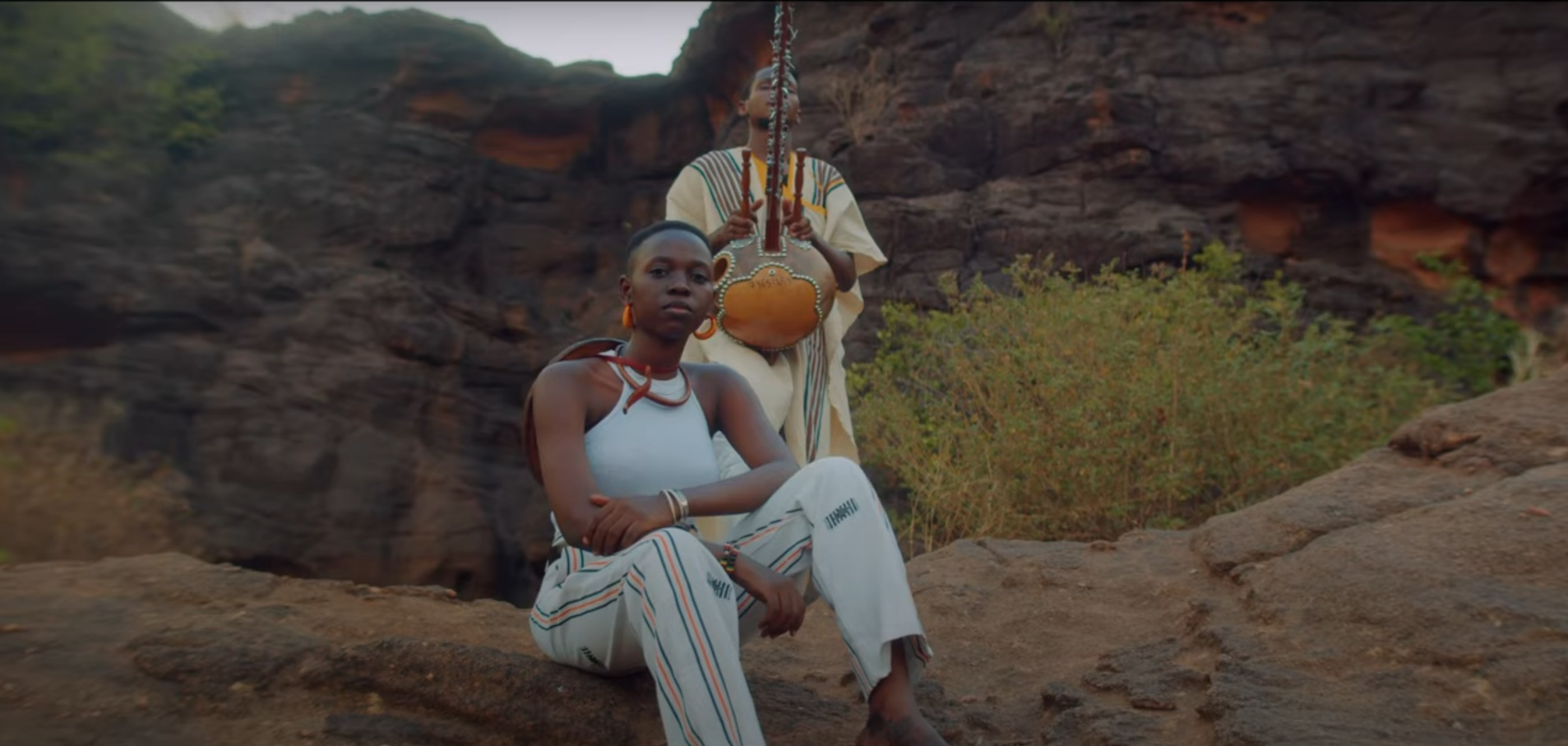
.jpg)
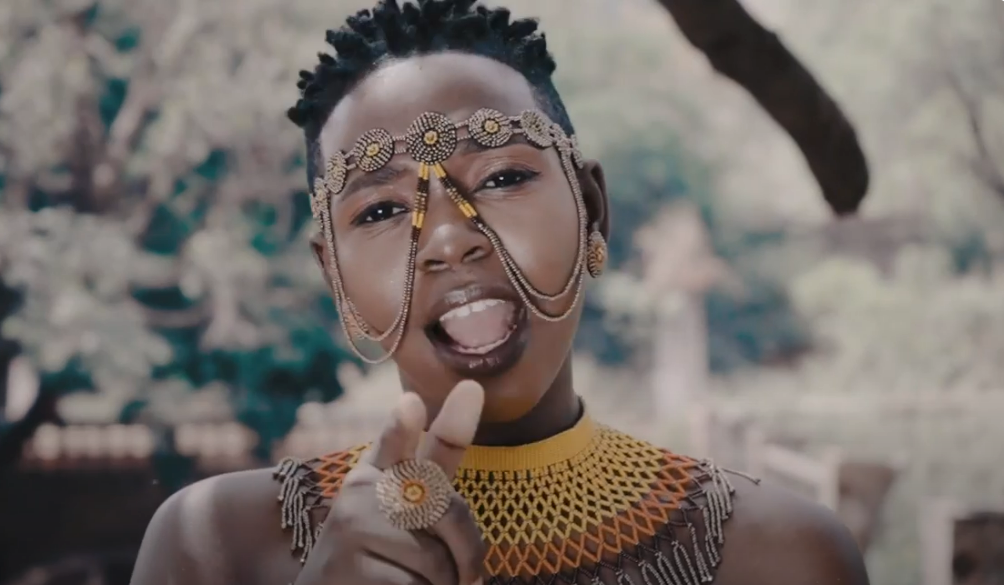
.jpg)
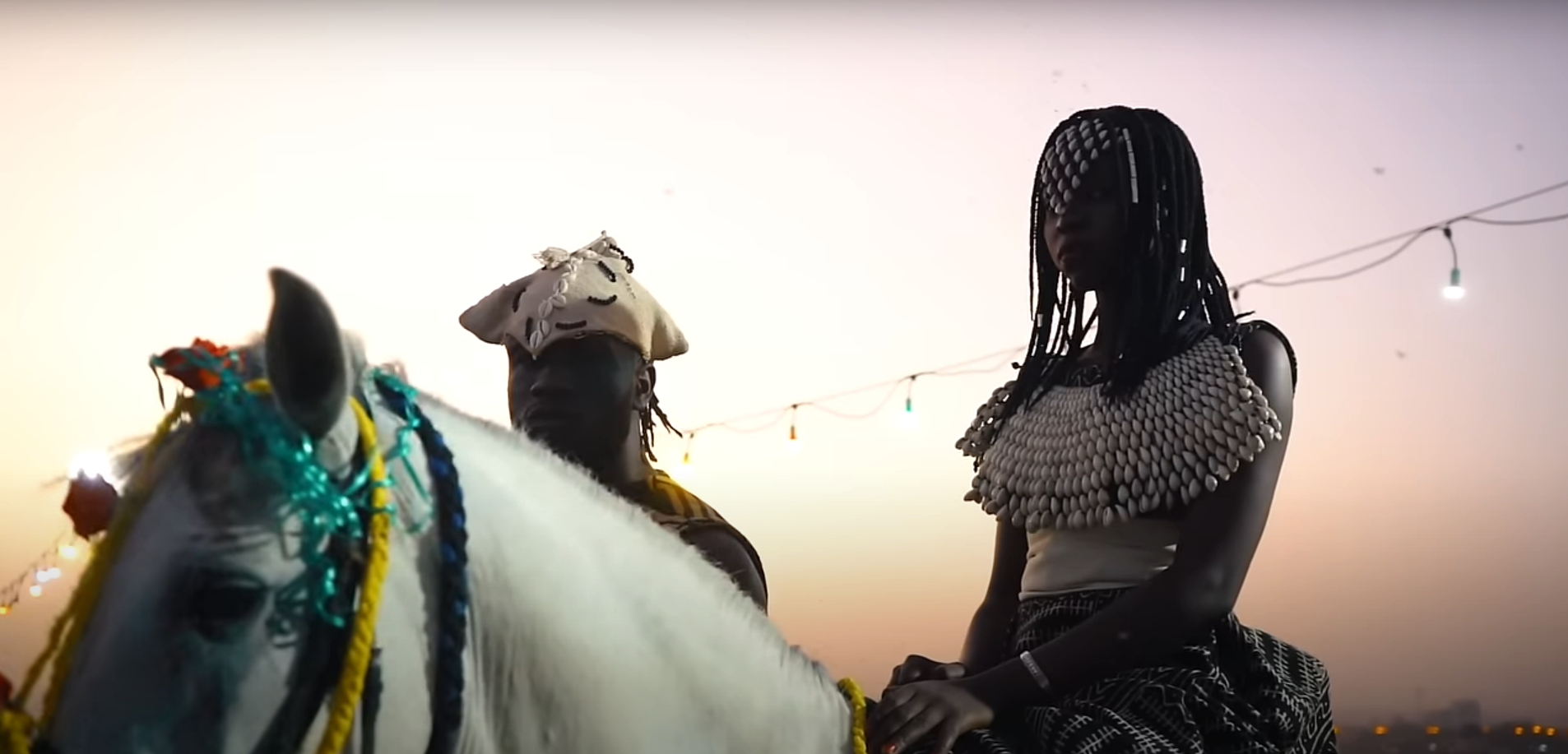
.jpg)
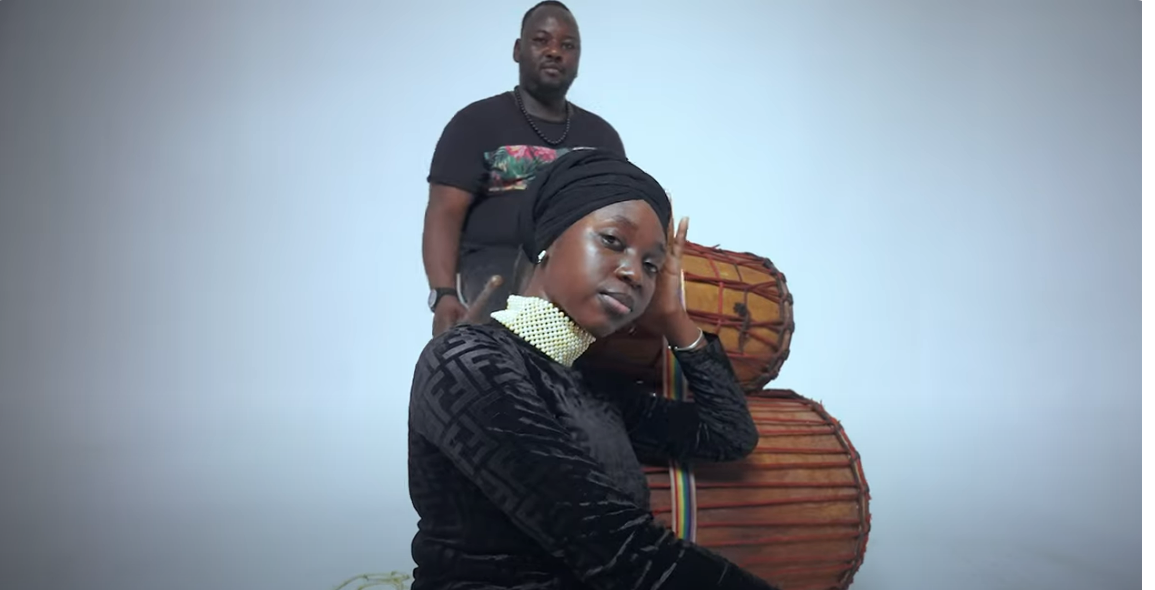
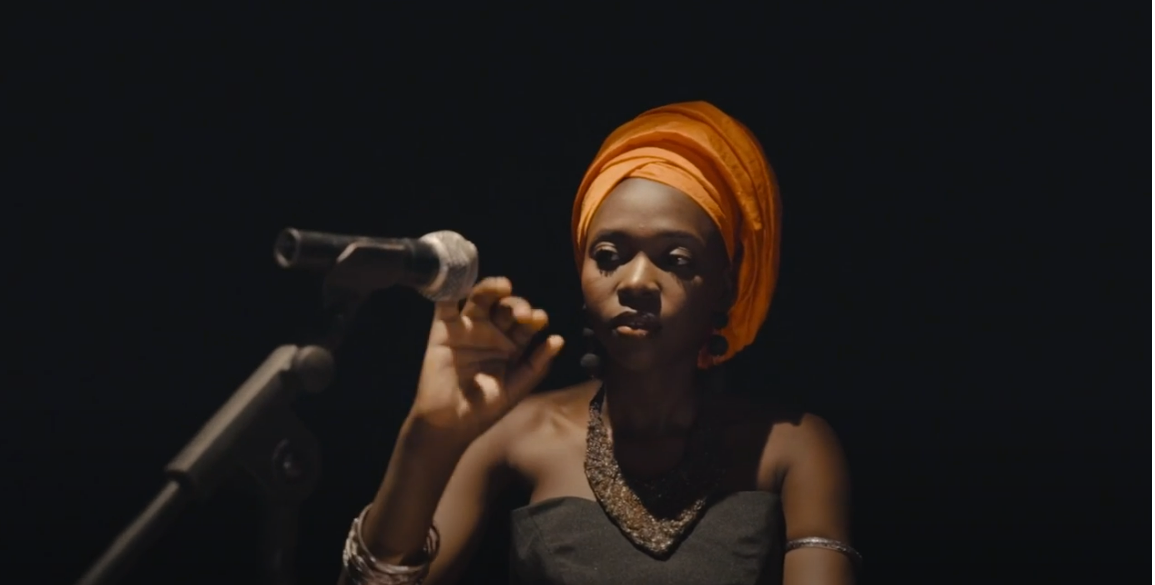
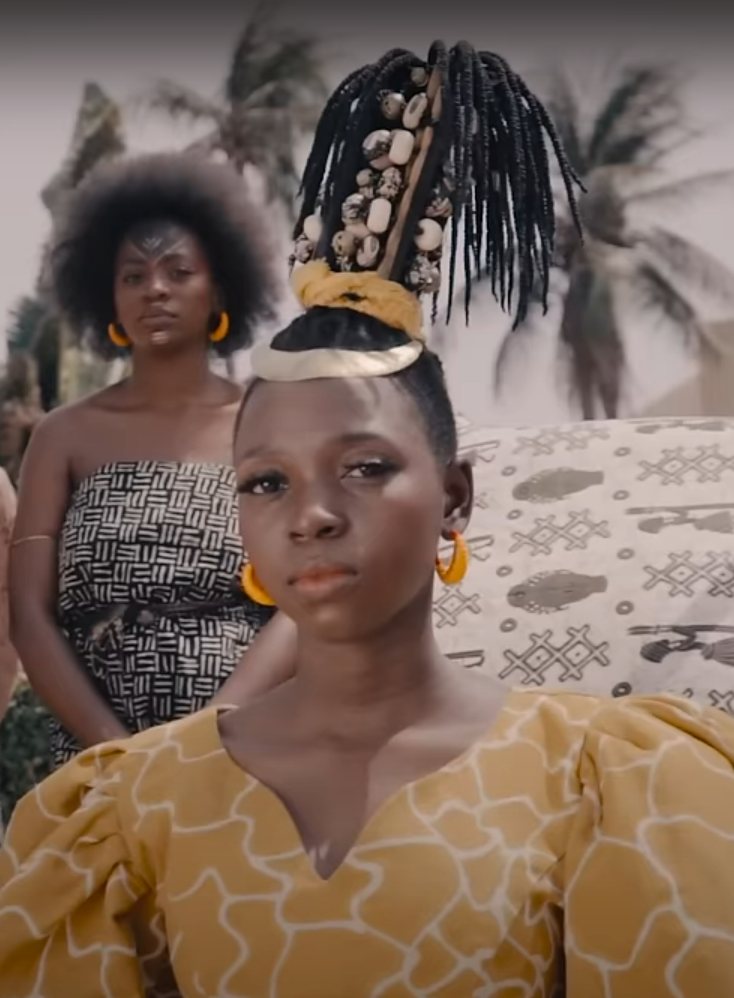
.jpg)
.jpg)